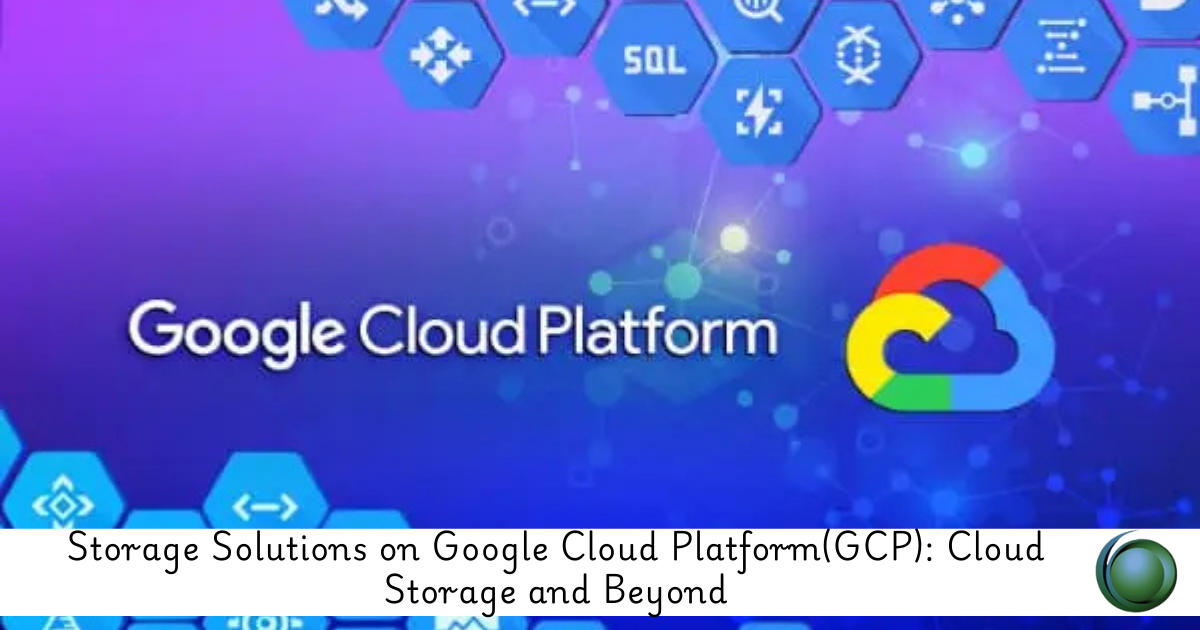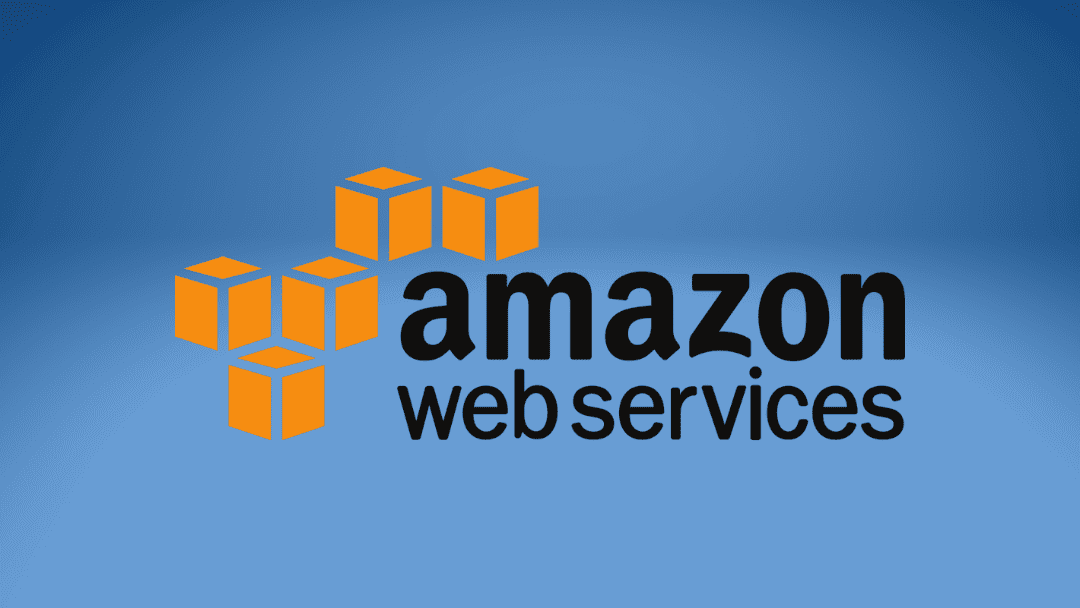Description
Introduction
Google Cloud Platform (GCP) provides powerful and scalable storage solutions designed to meet the needs of businesses across various industries. From simple object storage with Google Cloud Storage to complex data management systems like BigQuery and Cloud Spanner, GCP offers a wide array of options that cater to different use cases. This course explores Google Cloud’s storage offerings, focusing on best practices for utilizing these services to optimize data storage, access, and management.
Prerequisites
Before beginning this course, participants should have:
- A basic understanding of cloud computing concepts.
- Familiarity with Google Cloud Platform services, including Compute Engine and networking.
- Basic knowledge of storage technologies (block, object, and file storage).
- Experience with data management or IT infrastructure.
Table of Contents
- Introduction to Storage on Google Cloud Platform
1.1 Overview of GCP Storage Solutions
1.2 Benefits of Using Google Cloud Storage
1.3 Types of Storage in Google Cloud (Block, Object, File, and Database)
1.4 Understanding GCP’s Shared Responsibility Model for Storage - Google Cloud Storage (GCS): Object Storage Essentials
2.1 Introduction to Google Cloud Storage
2.2 Storage Classes and Pricing Models
2.3 Creating and Managing Buckets
2.4 Uploading, Downloading, and Managing Objects
2.5 Access Control and Permissions in GCS
2.6 Data Lifecycle Management and Retention Policies - Google Persistent Disks: Block Storage for Virtual Machines
3.1 Overview of Google Persistent Disks
3.2 Types of Persistent Disks: Standard, SSD, and Local SSD
3.3 Attaching Persistent Disks to Compute Engine Instances
3.4 Data Encryption and Backup Strategies(Ref: SAP Organizational Development: Data Management & Audits Best Practices)
3.5 Optimizing Performance and Scaling Block Storage - Filestore: Managed File Storage for Applications
4.1 Introduction to Google Cloud Filestore
4.2 Use Cases for Filestore in GCP
4.3 Configuring Filestore Instances
4.4 Accessing Files from Virtual Machines
4.5 Managing and Scaling File Storage for Applications - BigQuery Storage: Efficient Data Warehousing and Analytics
5.1 Introduction to BigQuery and Its Storage Capabilities
5.2 Understanding BigQuery Storage and Datasets
5.3 Loading, Querying, and Exporting Data in BigQuery
5.4 Data Partitioning and Clustering for Efficient Querying
5.5 Managing BigQuery Storage Costs and Best Practices - Cloud Spanner: Relational Database with Global Scalability
6.1 Introduction to Cloud Spanner
6.2 Use Cases for Cloud Spanner
6.3 Setting Up and Managing Cloud Spanner Instances
6.4 Data Consistency and Multi-Region Replication
6.5 Scaling and Performance Optimization in Cloud Spanner - Cloud Storage for Hybrid and Multi-Cloud Environments
7.1 Hybrid Cloud Storage Solutions
7.2 Integrating Google Cloud Storage with On-Premises Systems
7.3 Multi-Cloud Storage Strategies: Using GCP with Other Cloud Providers
7.4 Data Migration to Google Cloud Storage
7.5 Implementing Data Replication and Failover Strategies - Data Management and Security Best Practices
8.1 Securing Your Data on Google Cloud
8.2 Data Encryption in Transit and at Rest
8.3 Identity and Access Management (IAM) for Storage Resources
8.4 Backup and Disaster Recovery Solutions(Ref: Cloud Migration Strategies with Google Cloud Platform)
8.5 Monitoring Storage Usage and Costs in GCP - Advanced Storage Solutions on GCP
9.1 Google Cloud Storage for AI/ML Workflows
9.2 Storing and Processing Data for Big Data Analytics
9.3 Using Cloud Functions and Cloud Run with Google Storage
9.4 Integrating GCP Storage with Third-Party Tools and Platforms
9.5 Leveraging Data Lake Solutions on GCP - Case Studies and Real-World Applications
10.1 Leveraging GCP Storage for Media and Entertainment Industry
10.2 Cloud Storage Solutions for Healthcare and Life Sciences
10.3 Google Cloud Storage for Financial and Compliance Workloads
10.4 Scaling E-Commerce Applications with Google Cloud Storage
Conclusion
By the end of this course, participants will have a comprehensive understanding of the various storage solutions offered by Google Cloud Platform. They will learn how to choose the right storage services based on their business needs, optimize data management and security, and ensure scalability for future growth. With this knowledge, organizations can efficiently store, manage, and access their data while reducing operational costs and maximizing performance on Google Cloud.







Reviews
There are no reviews yet.